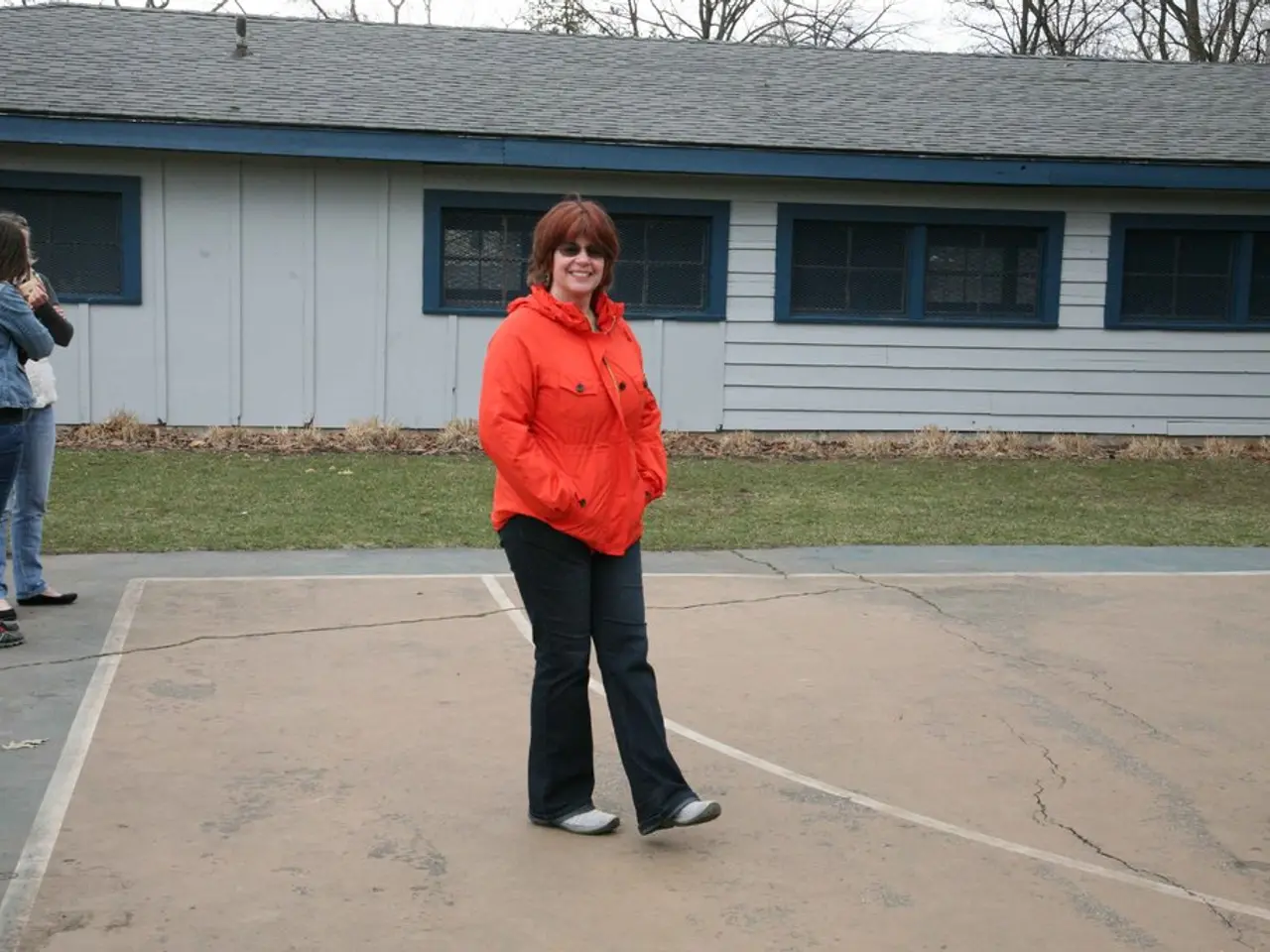Parliamentary proceedings in Germany this week
Germany's Vocational Training Market Faces Challenges in 2025
The German vocational training market is currently grappling with significant issues, including a shortage of trainees, unfilled training positions, and challenges in attracting and retaining young people into vocational paths.
Unfilled Training Places
As of mid-2025, approximately 229,000 training positions remain unfilled across Germany, according to the Federal Employment Agency. This reflects ongoing difficulties for many employers to attract and retain apprentices in various sectors.
Number of Applicants
The number of new apprenticeships has been under half a million per year since 2020, showing a decline compared to previous years. This signals reduced participation in vocational training, partly due to changing preferences and educational outcomes.
Young Adults Without Vocational Qualification
While detailed current figures are not explicitly stated in the sources, the overall scenario suggests increasing numbers of young people finishing school without vocational qualifications. Educational outcomes such as test scores and graduation rates have been slipping, contributing to this issue.
Trends and Sector Highlights
Highly demanded vocational careers include nursing and elderly care, driven by demographic changes and labor shortages in healthcare. There is a pronounced need for skilled care workers nationwide. The vocational training system is under pressure to adapt by increasing digital and green skill development and to better support apprenticeships.
Challenges
The labor market is stagnant in terms of apprenticeship growth and training, partly due to demographic shifts, changing career interests, and competition with other educational pathways. The system needs more investment in vocational education, innovation, and infrastructure to keep pace with economic and technological changes.
In summary, Germany's vocational training market in 2025 shows a substantial shortage of trainees, significant unfilled training positions, and challenges in retaining and attracting young people into vocational paths. The government and industry are urged to enhance efforts in promoting and supporting vocational training to meet labor market demands, especially in healthcare and emerging technical fields.
Energy Relief Measures
The German government is also taking steps to address the rising cost of energy for end consumers. For example, the price cap for heating electricity will be reduced from 40 cents to 28 cents for those who use electricity for heating. Additionally, a new additional relief regulation for companies with unusually low consumption is being introduced, including companies that have suffered significant revenue losses due to the corona crisis or have received funds from the flood aid fund and whose electricity consumption has decreased by at least half compared to 2019.
Sahel-Plus Initiative
The German government is launching the Sahel-Plus initiative to support the Sahel and the adjacent coastal countries with civilian means after the end of the German military mission in the UN operation MINUSMA in Mali. This initiative is the development policy component of the strategic realignment of the German government's Sahel engagement.
Changes in Care Insurance
The contribution rate for the care insurance will increase by 0.35 percentage points as of July 2023, i.e., from the current 3.05 to 3.4 percent of gross income. The Care Support and Relief Act is being introduced to adjust the care allowance and care services by 5 percent each from 2024, with the subsidies from the health insurance fund for residents in care homes to be increased to up to 75 percent from 2024 to slow down the increase in the self-paying share of those in need of care.
Cartel Law Changes
The bill to amend the Act against Restraints of Competition aims to eliminate persistent competition distortions more quickly and effectively in the future by making sector inquiries more effective and expanding the powers of the Federal Cartel Office. The recovered amounts will flow into the state treasury.
Changes in Hospital Financing
Changes to the Hospital Financing Act and the Eleventh Book of the Social Security Code are included, with a second installment of 2.5 billion euros from the funds available to offset increases in indirect energy costs to be paid to hospitals.
Mission in Kosovo
The German Armed Forces mission in Kosovo will continue, with the Kosovar security forces to be enabled to provide for long-term independent security both internally and externally. The mandate still provides an upper limit of 400 soldiers, and the mission is not time-limited and will only end if the corresponding UN Security Council resolution expires or a corresponding NATO decision lapses or is not renewed.
Vocational Training Report 2023
The Vocational Training Report 2023 is being discussed in the Bundestag this week. The report provides an overview of the state of the vocational training market in Germany and offers recommendations for improvements.
Unplaced Applicants
Nearly 23,000 applicants remained completely unplaced in 2022. This highlights the need for more effective measures to match applicants with available training positions and to address the root causes of the shortage of trainees.
Training Guarantee
The training guarantee, initiated with the Vocational Training and Further Education Act, aims to ensure access to a fully qualified, preferably company-based vocational training for all young people. The initiative is expected to help address the current challenges in the vocational training market by providing more opportunities for young people to gain practical skills and experience.
Conclusion
The challenges facing Germany's vocational training market are complex and multifaceted, but the government and industry are taking steps to address them. By investing in vocational education, innovation, and infrastructure, and by promoting and supporting vocational training, Germany can meet the demands of the labor market and ensure a skilled workforce for the future.
- The ongoing difficulties in attracting and retaining apprentices across various sectors reflect a broader issue in Germany's policy-and-legislation related to vocational training, specifically politics affecting the general-news landscape.
- With nearly 23,000 applicants remaining completely unplaced in 2022, it is clear that addressing policy-and-legislation and making improvements in politics are crucial for addressing the shortage of trainees and increasing participation in vocational training, which is a key aspect of general-news coverage.







